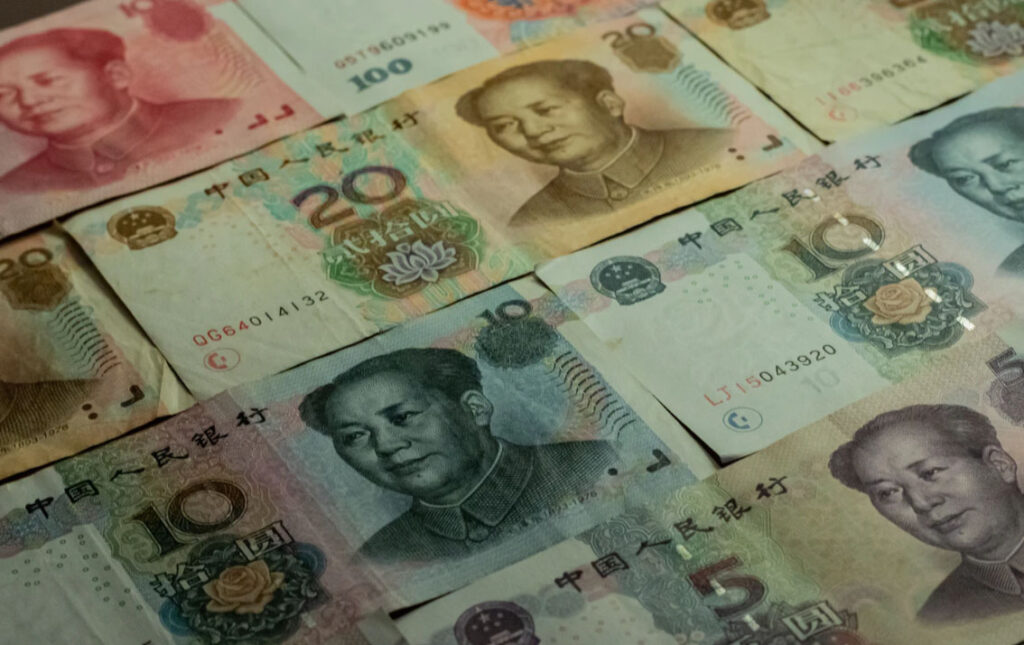China’s hedge fund market has been building and has seen a 70% increase in total assets over the past two years to over 6 trillion RMB (US$944 billion) at the end of 2021. Equity hedge fund manager Perseverance Asset Management is taking advantage of this surge by funneling international institutional capital into China’s securities market.

Perseverance’s achievement has been recognised by Asia Asset Management (AAM) in its Best of the Best 2022 award for Best Domestic Private Fund Manager (China). The company’s Chief Investment Officer Deng Xiaofeng was awarded the title of CIO of the Year for China.
According to Daisy Liang, head of global business development at Perseverance, global asset owners have been increasingly committed to hedge fund assets invested in China over the past five years, due mainly to the market’s robust fundamentals.
“Foreign investors have a firm belief that there are a group of high-quality Chinese companies with innovative, hard-working entrepreneurs,” Liang says in an interview with AAM.
Moreover, China’s Securities Regulatory Commission has been taking steps to ease restrictions on margin trading and short selling on more stocks in recent years as part of its efforts to propel the domestic capital market.
Also, regulatory loosening has provided overseas investors with more comfort despite China’s capital market has been through some “eventful” years, facing issues such as stock market volatility, US-China trade disputes, and the coronavirus pandemic.
Long-bias strategies
Despite the regulatory easing on short selling, Liang observes that overseas institutional investors are still generally more long-oriented in going about investing in Chinese equity assets, seeking to capture both market beta and alpha.
Perseverance primarily offers long-bias and long-only equity hedge fund solutions with a fundamental research-driven bottom-up approach. Liang says the company’s solutions align with its core allocation in global asset owners’ global equity portfolios, in some cases alternative portfolios.
The asset owners generally take various factors, including the sustainability of investment performance, alpha generation capability, investment philosophy, the portfolio managers’ incentive alignment, and research team structure and process into account over the course of selecting hedge fund managers who invest in China.
Investment managers need to tick the boxes both in terms of investment due diligence and operational due diligence to be selected by large global institutional investors, Liang mentioned.
Perseverance’s global business has developed rapidly, with some prominent international institutional investors such as pension funds and sovereign wealth funds have become its customers, boosted by investors’ preference for long-oriented and fundamental equity strategies and highly selective criteria and rigorous due diligence process on managers’ investment and operational capabilities.
“Long-only strategies are among the mainstream choices for overseas investors,” Liang says. “They prefer to go for fundamental strategic investment styles as the approaches are similar to how they invest in global markets.”
Importantly, the company’s funds are overseen by a mix of portfolio managers with different investment styles, among them deep value, contrarian, and growth-oriented. Liang notes this multi-manager model meets different demands from different clients.
In terms of strategy preference, generally speaking, sovereign wealth funds and pension funds favour long-only strategies, while family offices and endowment funds generally prefer long-bias investment choices.
On investment trends, Liang says some institutional clients have rebalanced their allocation to top-up investment in China since the market sell-off in July 2021.
The market adjustment prompted them to replenish their position as the value of their China allocation dropped below the targeted level. Overall, investors are committed to the long-term and rarely adjust their core portfolio allocation, she says.
(Source: Asia Asset Management)
